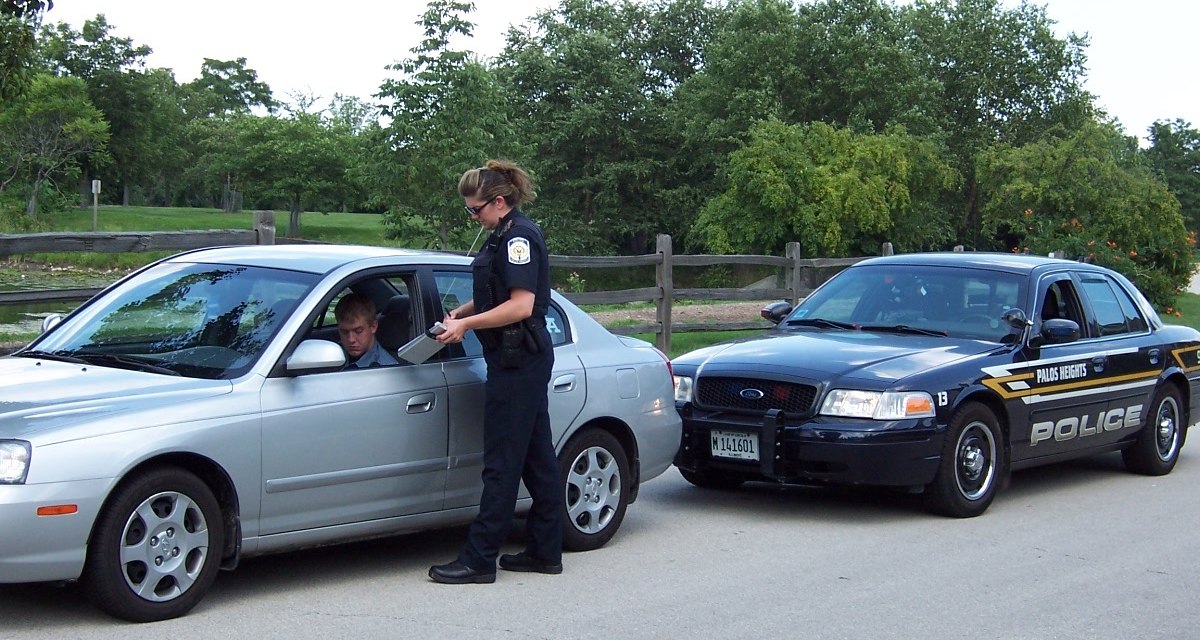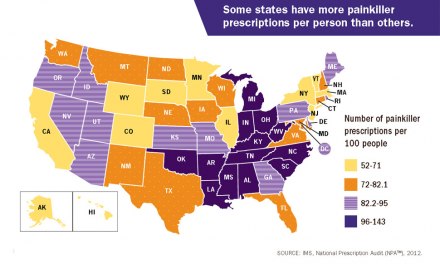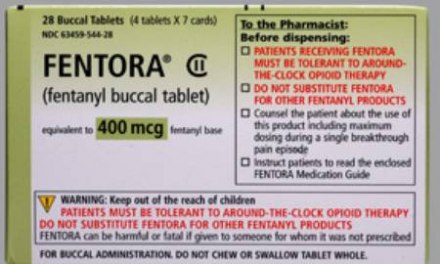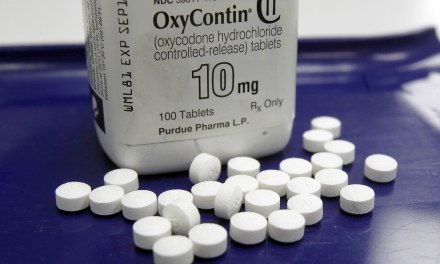Here’s an interesting piece from the American Automobile Association’s own Foundation for Traffic Safety, reviewing recent findings on the impact of cannabis legalization on traffic fatalities, this time in Washington state. Since legalization, the percentage of drivers involved in fatal accidents who subsequently tested positive for THC has doubled.
That’s comparable to reports from Colorado, the other of the first two states to “go legal”. For Washington state:
2008-2012: 8.8% of drivers in fatal crashes tested positive for THC.
2013-2017: 18% tested positive.
That’s closer to 1 in 5 than 1 in 10. It certainly seems to justify the concern we’re hearing from law enforcement and the insurance industry. And the concern should include the rest of us who have to share the road. Such as pedestrians and cyclists, two fast-growing segments of the death toll.
Of course, there were many more incidents involving THC that fortunately did not result in fatalities. I’m sure luck played a role.
Research has demonstrated that cannabis can impair driving performance. Of course, other factors may be involved – other substances, or texting and distracted driving. That takes away nothing from the need to discourage the typical stoned driver from getting behind the wheel.
Which could be a real challenge. AAA’s own polling found that 70% of respondents believe that it’s unlikely a stoned driver will get caught. Translation: most folks might think twice, then go ahead and do it anyway.
Last but not least, some 15 million drivers surveyed by AAA reported having driven within an hour of using marijuana — in the previous 30 days.
Those of us who work in treatment know there’s already a solid base of millions of regular pot users who will test positive whenever somebody gets around to taking a sample. For them, driving is just one of a thousand things they do every day with THC in their systems. That’s because they’re nearly always under the influence of pot. Whenever the previous dose wears off, they’re planning the next. And frankly, they cannot imagine living any other way.
This was the case for millions when pot was illegal, and it’s still true where it’s been legalized. There are just more of those folks now, using more (and more potent) forms of the drug. And sharing some of the consequences with the rest of us.












